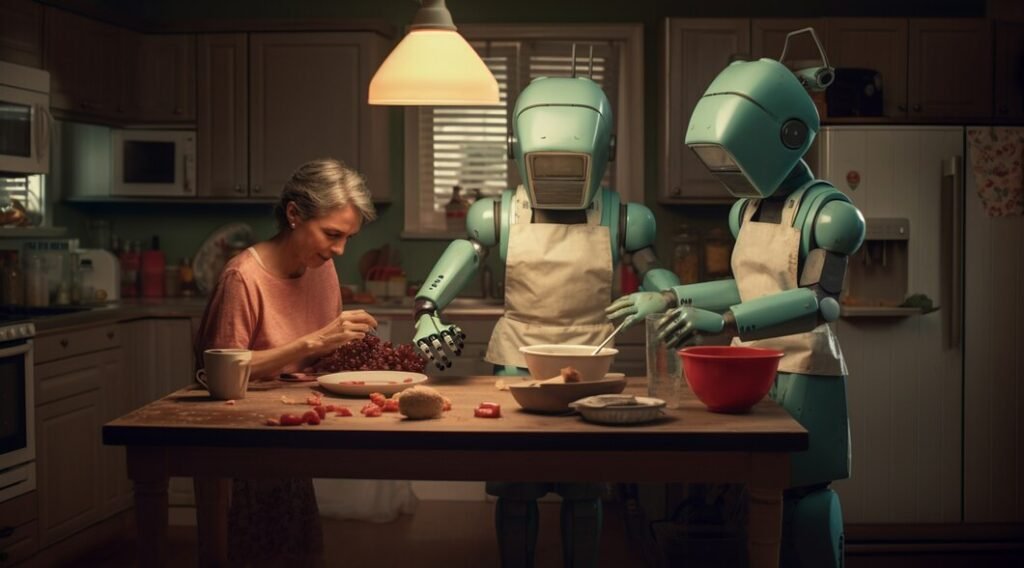The Rise of Robot-Assisted Elder Care
With the aging global population, robot-assisted care is emerging as a promising solution. Robots can assist with tasks like medication reminders, feeding, and companionship. However, studies show that men are more open than women to accepting robotic care as they age.
Why Men Are More Willing to Accept Robot Care
Positive Attitudes Toward Technology
Men tend to be more comfortable with technology, which makes them more open to robotic care. Their familiarity with automation and smart devices makes robot-assisted care feel like a natural extension.
Desire for Independence
Many men value independence and see robots as a way to maintain control over their daily lives while receiving assistance.
Comfort with Automation
Having interacted with devices like voice assistants and robotic vacuums, men are more accustomed to the idea of robots helping with tasks.
Women’s Reluctance Toward Robot Care
Emotional Connection
Women often associate caregiving with personal, human connection, which robots can’t replicate. They may feel uncomfortable with robotic care due to the lack of emotional interaction.
Concerns Over Privacy
Women are also more concerned about the privacy risks of robots monitoring their activities or handling personal data.
Preference for Human Care
Women are generally more inclined to seek human caregivers for the emotional support they provide.
Implications for the Future of Elder Care
To make robot-assisted care acceptable for everyone, developers need to create more emotionally intelligent robots. A balanced approach, integrating both human caregivers and robotic assistance, may be the future of elder care.
A Combined Approach to Elder Care
While men are more open to robotic care, women’s concerns highlight the need for technology that combines practicality with emotional support. The future of elder care likely lies in a blend of human and robotic caregiving.


